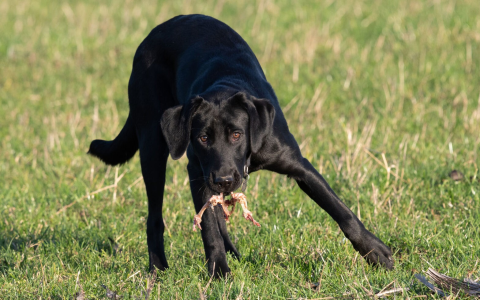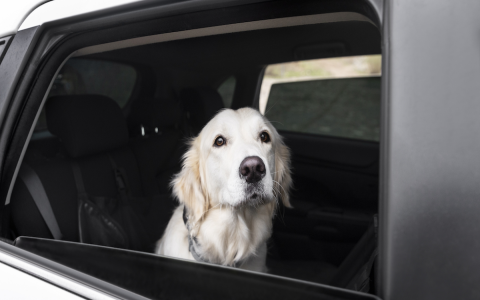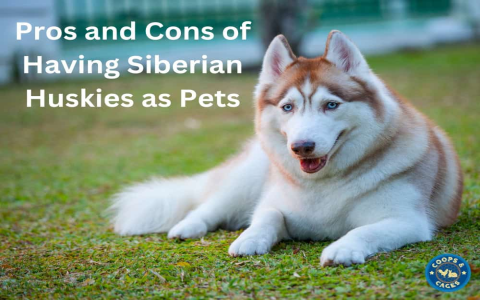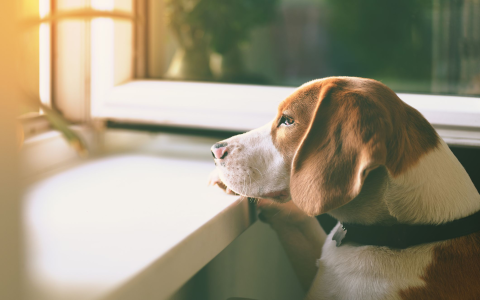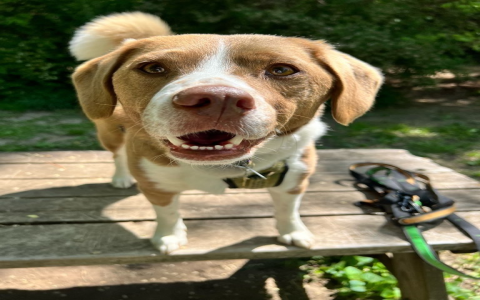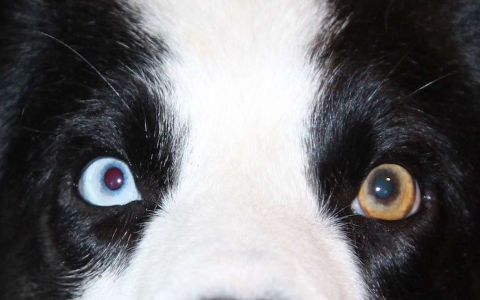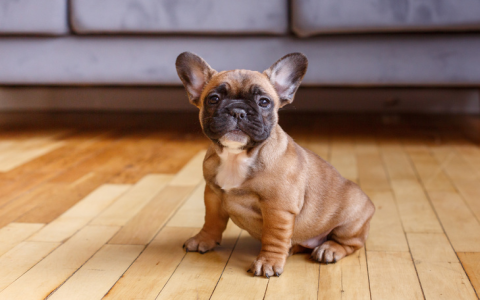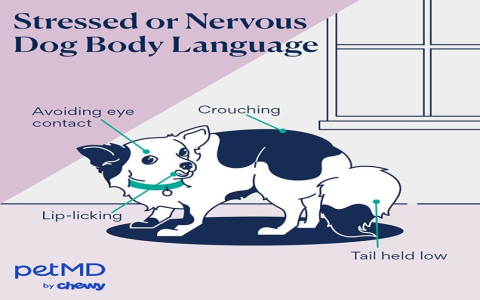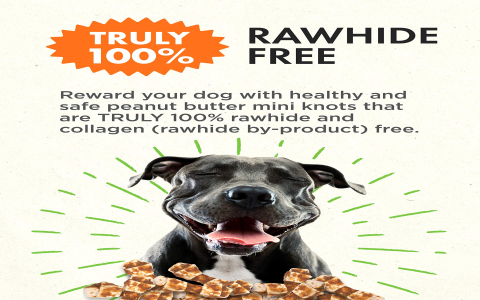Help! Why Does My Dog Always Want to Eat Non-Food Items?
Okay, let's talk about this. My dog, Buster, seemed like a bottomless pit. Seriously, the moment his bowl was empty, maybe even before, he'd be giving me those big sad eyes, whining a little, nudging my hand. It felt like he was genuinely starving all the time, and honestly, it started to worry me quite a bit.
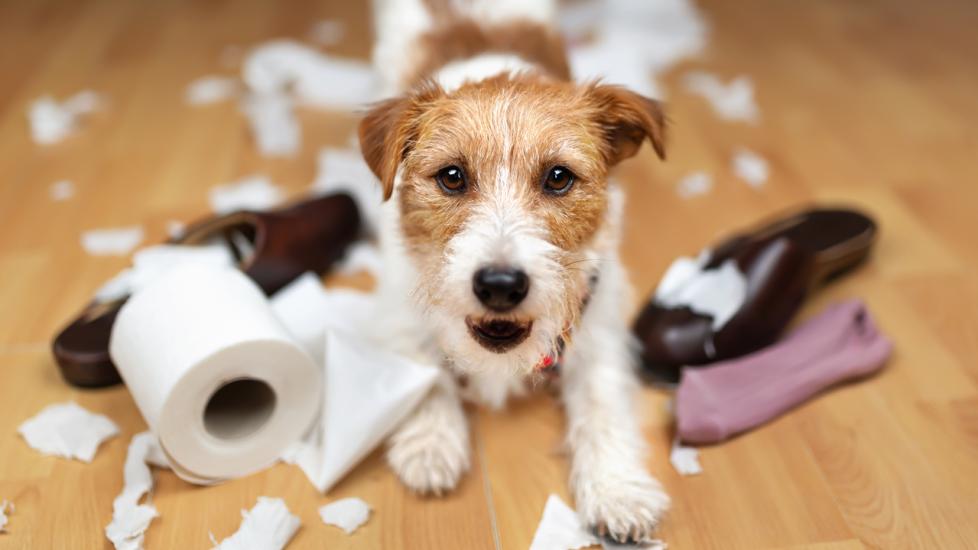
Watching Him Like a Hawk
So, the first thing I did was just observe. I mean really watch him. Was he losing weight despite eating? Nope, seemed pretty stable, maybe even a bit chunky. Was he acting lethargic or sick? Not at all, full of beans when it was playtime. I checked his poop too – yeah, gross, I know, but gotta do it – and everything looked normal there. He just seemed perpetually focused on food, scavenging for crumbs, always hoping something might drop.
Trying Out Different Stuff
My first thought was, maybe he is still hungry? So, I tried slightly increasing his food portions. Bad idea. He just ate it faster and maybe gained a little extra weight. Okay, scratch that.
Next, I thought, maybe his food isn't satisfying him? I spent some time researching and then I switched his food to something supposedly more filling, higher protein, better quality stuff. He loved it, of course, but the begging didn't really stop. He’d still finish and immediately look for more.
The Vet Visit - Getting Answers
Alright, time for the professionals. I took Buster to the vet. I explained everything – the constant seeming hunger, the begging, the scavenging. The vet gave him a good check-up. They asked a ton of questions about his diet, his routine, his energy levels.
- They checked for worms.
- They ran some basic blood tests to rule out things like thyroid problems or diabetes, stuff that can mess with appetite.
Everything came back clear. Physically, Buster was fine. The vet basically said, "Look, some dogs are just really, really food motivated." They also pointed out that sometimes, we accidentally teach them to beg by giving in, even just once in a while. And sometimes, it's boredom – eating is something to do.
The Realization Kicked In
That vet visit was key. It wasn't a medical emergency, thank goodness. It was more about behavior and maybe Buster's inherent wiring. I started thinking about it. Did I sometimes give him a bit off my plate? Yeah, occasionally. Did I give him a treat when he whined just to quiet him down? Guilty. Was he maybe a bit bored sometimes when I was busy? Probably.
I realized I needed to change my behavior as much as his.
Making Some Changes
So, here’s what I started doing:
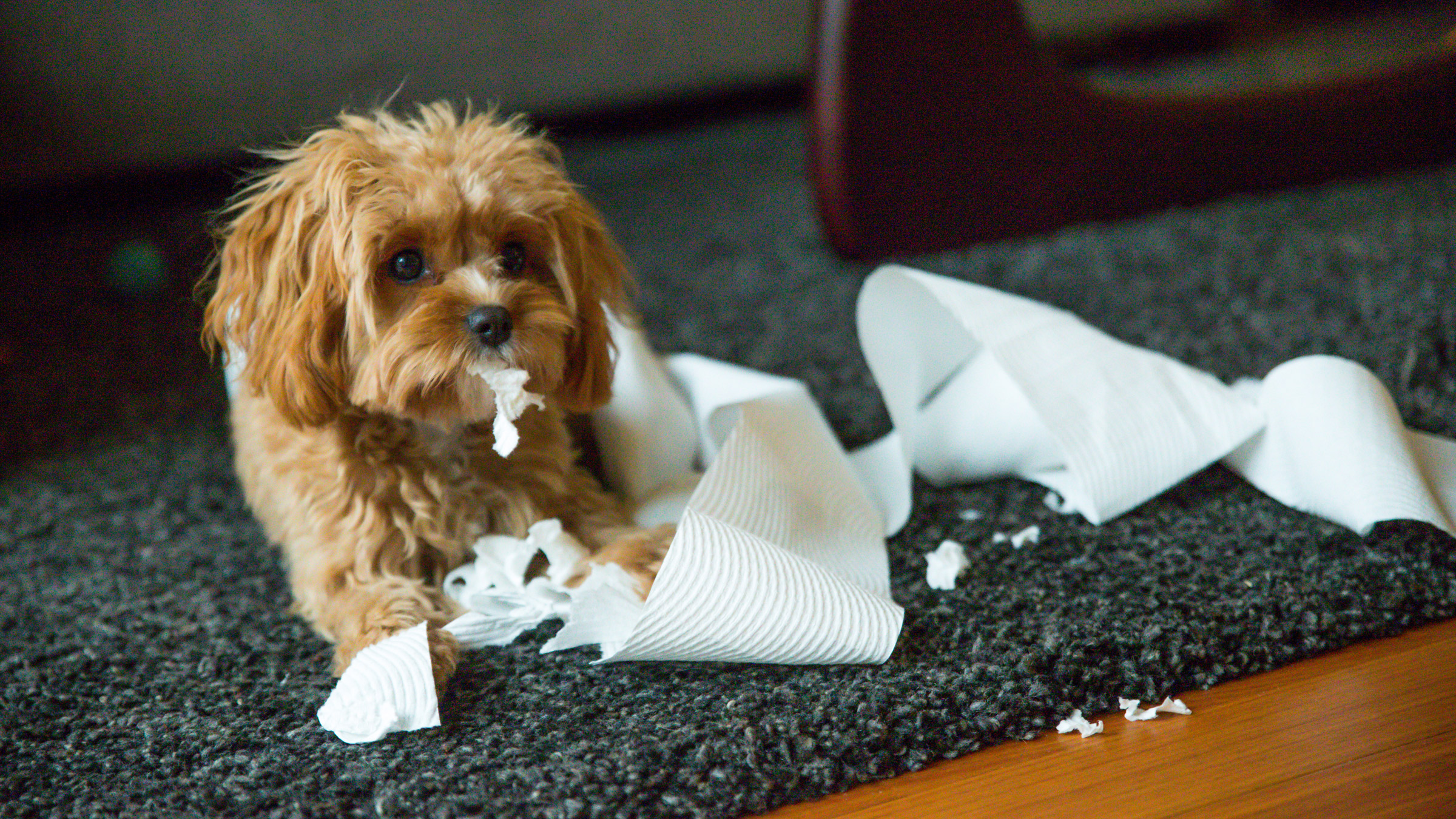
- Strict Feeding Times: No more free-feeding or guessing. Two measured meals a day, at the exact same times. Bowl goes down, and it comes up after 15 minutes, eaten or not (he always ate it).
- Measured Portions: I got a proper measuring cup and stuck to the vet's recommended amount for his weight and activity level. No more "just a little extra".
- No More Table Scraps: This was tough, especially with those eyes looking at me, but zero scraps from my plate. Period.
- Ignoring the Begging: Hardest part. When he started the sad-eyed routine, I had to actively ignore him or redirect him with a toy or a quick command like 'sit'. No treats for just begging.
- More Mental Work: I got him a couple of puzzle toys. Putting part of his meal in those slowed him down and made him work for it. We also started doing more little training sessions throughout the day.
- Consistent Exercise: Making sure he got good walks and playtime every day to burn energy and keep him stimulated.
How It's Going Now
It took time, definitely wasn't an overnight fix. But things are much better. Buster still loves food, no doubt about it. He gets excited at meal times. But the constant, frantic begging? That’s mostly gone. He understands the routine now. He knows when food time is and when it isn't. Using the puzzle feeders really helped, I think it satisfies some instinct for him.
So yeah, turned out it wasn't just about hunger. It was a mix of habit, boredom, maybe his natural disposition, and me needing to be more consistent. You just gotta figure out your own dog, watch them, rule out health stuff, and then be really consistent with their routine and how you react to them. It was a learning process for both of us.
